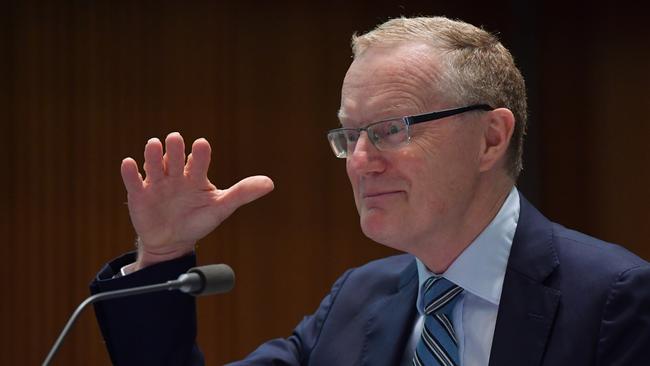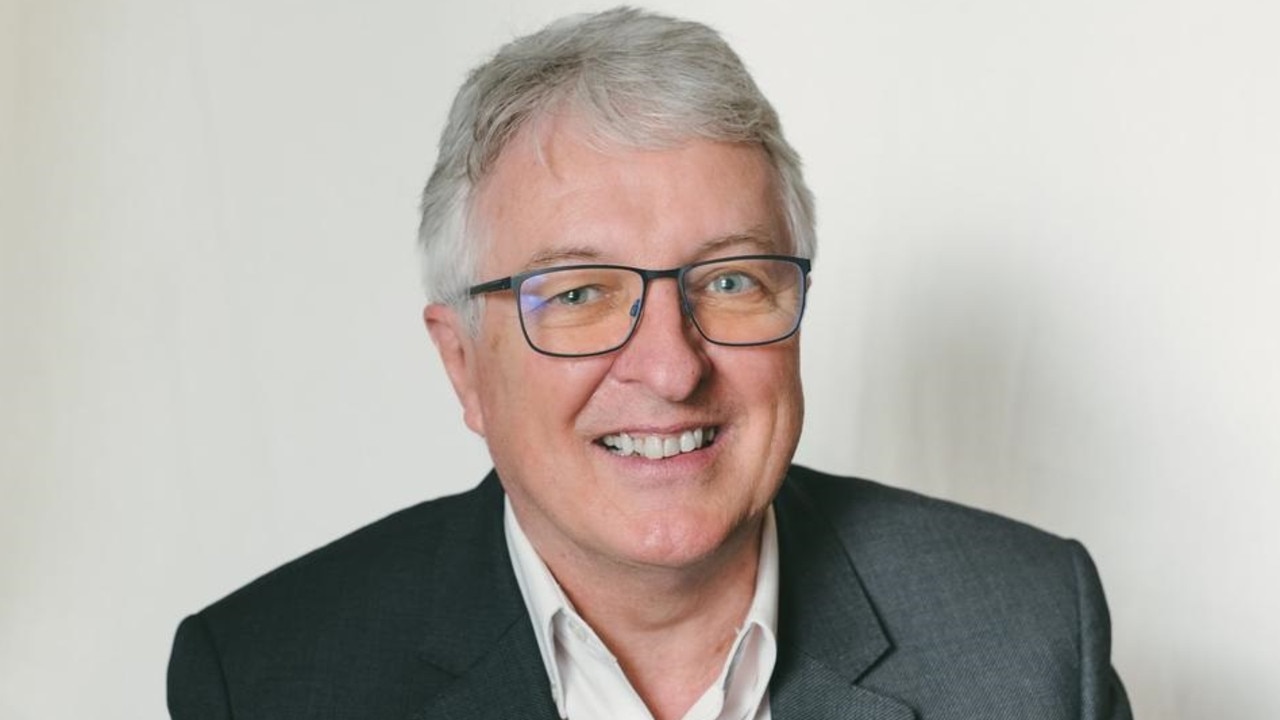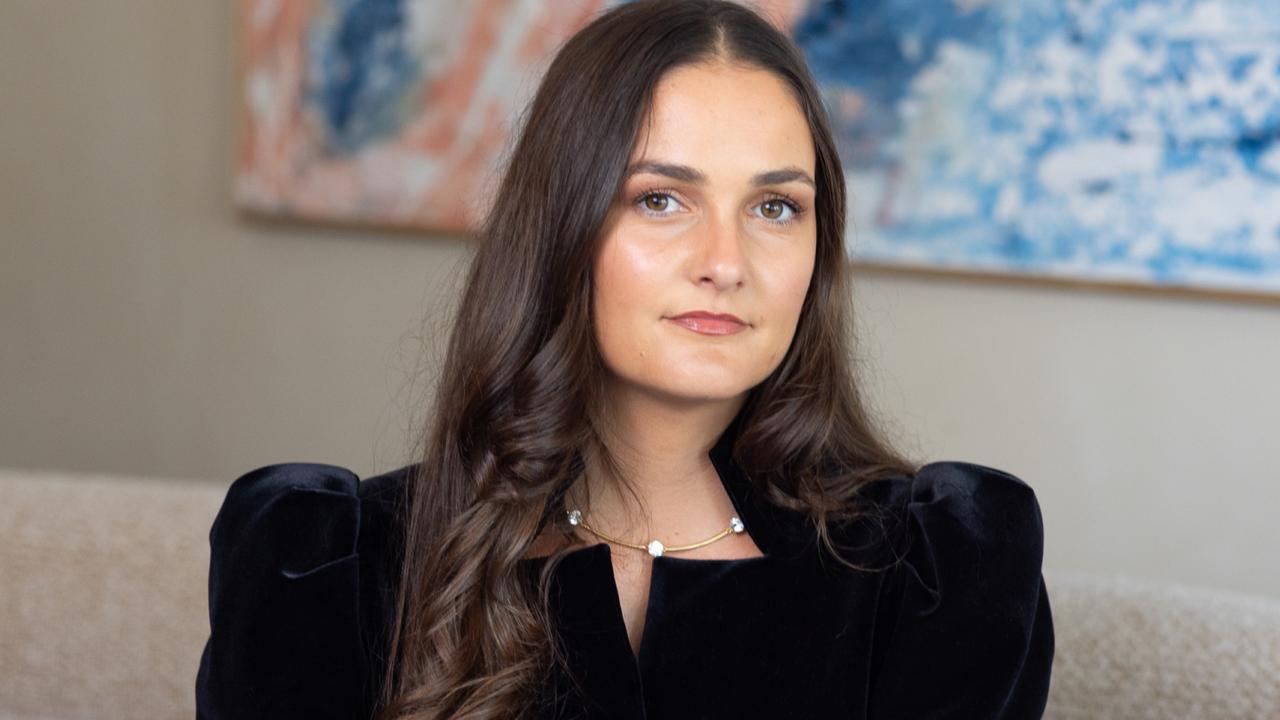RBA governor Philip Lowe warns of businesses’ low wage ‘mindset’
RBA chief says a ‘laser-like focus on costs’ by business is stopping the powerful jobs recovery from flowing through to pay rises.

Business
Don't miss out on the headlines from Business. Followed categories will be added to My News.
A “laser-like focus on costs” by businesses that would prefer to “ration output” than pay more to attract workers is preventing a powerful jobs recovery from flowing through to higher wages, Reserve Bank governor Philip Lowe says.
Dr Lowe said there was a “predominant mindset” in corporate Australia that “if profits can’t be increased by expanding or by raising prices, then it has to be achieved by lowering costs”.
“This mindset can be helpful in making businesses more efficient, but it also has the effect of making wages and prices less responsive to economic conditions,” he said.
In a speech in Toowoomba, Queensland, Dr Lowe noted the “V-shaped recovery” in farm output, which has surged 40 per cent since the middle of last year to reach a record high alongside booming farm exports.
“This recovery in the farm sector is positive news not only for those in the industry and the communities that support it, but it is also making a welcome contribution to the recovery in the national economy,” he said.
Dr Lowe pointed to a particularly vibrant labour market recovery in country Australia.
“For the first time in many decades unemployment in regional Australia is noticeably lower than it is in the capital cities,” he said. “There is still a lot of variation across regions, but the average unemployment rate for regional Australia as a whole is at its lowest level in more than a decade.”
Dr Lowe warned that despite the economy making great strides since the Covid-19 recession of last year, “it is important not to lose sight of the fact that we are still in the recovery phase”.
“Our international borders are still largely closed, outbreaks of the virus are still leading to periodic lockdowns, and many firms are still adjusting to changes in how people spend their money and where they work,” he said.
“It is also worth recalling that the economic recovery is being underpinned by unprecedented fiscal and monetary policy measures that will not last forever. So we still have a way to go before the recovery is complete.”
Nonetheless, Dr Lowe said it was time “to be thinking about how we transition from recovery mode to expansion mode”.
The RBA chief again highlighted how the pace of the recovery would largely depend on the degree to which households were prepared to dip into the massive savings accumulated through the pandemic.
Rising house prices had also added to the “balance sheet” strength of Australians.
“How households respond to these changes in their balance sheets will help shape the next stage of the recovery.”
Dr Lowe flagged that on July 6 the RBA board would have “two important decisions to make”. “The first is whether or not to extend the yield target from the April 2024 bond to the next bond, which matures in November 2024. And the second is whether, and in what form, to extend the bond purchase program once the current program is completed in September.”
He ruled out ending the bond-buying program, known as quantitative easing, but left other options open. He gave no indication, however, that the cash rate would be lifted before the current “2024 at the earliest” deadline. “For inflation to be sustainably in the 2 to 3 per cent range, wage increases will need to be materially higher than they have been recently. This still seems some way off.”
Originally published as RBA governor Philip Lowe warns of businesses’ low wage ‘mindset’





